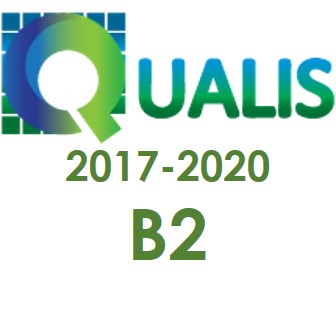Real Exchange Rate, Effective Demand, and Economic Growth
Theory and Empirical Evidence for Developed and Developing Countries, 1960-2010
Resumo
This paper seeks to assess the effects of an undervalued currency on economic growth. Based on a reformulation of Rodrik’s undervaluation index, our econometric results suggest that real exchange rate undervaluation has, to differing degrees, been able to enhance the economic growth of developed and developing countries. Nevertheless, when we disaggregate the main components of aggregate demand for different clusters of developed and developing countries using the Stock Flow Consistent approach (SFC), we find that in general, an undervalued currency has expansionary and contractionary effects in the short-run, specifically via the export sector and the level of aggregate consumption, respectively. This paper also estimates the effects of an undervalued currency on the level of investment and the trade balance.
Downloads
Este trabalho está licenciado sob uma licença Creative Commons Attribution 4.0 International License.
Estar ciente que os autores devem concordar com os seguintes termos relativos aos Direitos Autorais:
1) Autores cedem os direitos autorais à Revista Reflexões Econômicas - REC e à Editora da Universidade Estadual de Santa Cruz - Editus.





